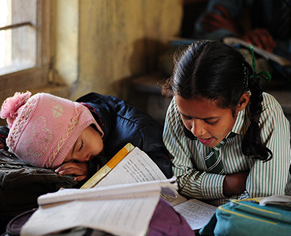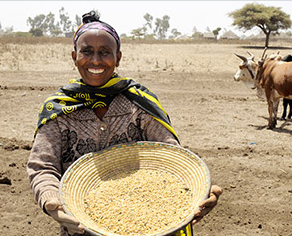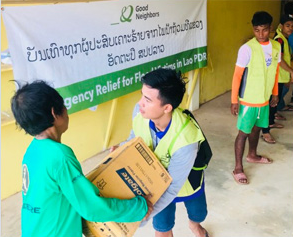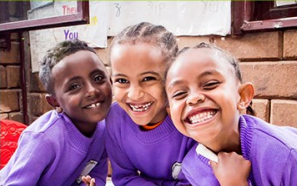The descendants of independence activists
“We are Koryoin.”
Join us in ending the chain of poverty and statelessness
Koryoin - The descendants of independence activists
Commander in Chief of the Korean Independence Army – General Beomdo Hong
Forced to relocate to Central Asia, many Koryo people endured significant hardships and sufferings
Though we share the same name and the same face, the Koryo people live a vastly different reality, and are disappearing from our midst.
Now is the time to remember and help.
“Our history and their reality holds excruciating pain, if not the Korean people, who will embrace them?”
“Isn’t it time for our country to embrace the wandering Koryo people?”
- Jonghong Kim, representative of Arirang Korean Support Solidarity
Hopeless and defeated Meet Vitali Lee and his family
“At this rate, I see no hope for the future”
Without citizenship, one cannot find a stable job. Livelihood is maintained by working for his neighbor. However, it’s not enough to cover his wife’s hospital bills and medicine.
Mr. Lee’s biggest concern is his statelessness will be passed onto his children, who will not be able to receive a proper education.
It’s unbearable to watch my young children walking into lives of misery.
*Statelessness entails financial difficulties, insufficient personal information and documents required to apply for state benefits.
Inheritor of statelessness and poverty
Meet Yuri Kim and his family.
“I was 17 years old when I learned how to read and do basic math. All my life I carried the humiliation of not knowing how to do anything.”
Stateless Koryo people live a harsh life, unable to work, marry, receive education and medical care, or even travel freely due to fear of accidents.
They attempt to make a living through various day jobs, such as tinkering and home repairs, but they remain trapped in a cycle of poverty.
As a father, Yuri Kim lives in remorse and guilt for being unable to escape this reality before his two sons were born.
His two sons’ dream to attend school is given up to statelessness. Without the means to support the family, they have no choice but to set that dream aside for now.
Little Koryoin covered in coal
“(Children) break the coal into small pieces to put it in the stove.”
The first settlement of the Koryo people, Ushtobe, is still home to many descendants.
In freezing -55° C winters, the Koryeo people rely on coal stoves to keep warm.
The cost to connect to city gas – $1,500.
A full month’s earnings as a day laborer – $220.
With barely enough to afford coal, a winter’s night in a
Motherland, Don’t Cry
Poet Stanislav Lee, a descendant of Independence Activist Jong-guk Lee
Motherland, don’t cry
Even if we cry, don’t cry
Our ancestors sacrificed their lives for you
For your independence
But on that happy day, they watched from afar
Motherland, don’t cry
Even if we cry, don’t cry
I can see our old capital, Seoul, through my tears flowing down.
Good Neighbors is planning the following support initiatives for the Koryoin:
Livelihood Support: Assistance with living expenses, nationality restoration, and heating costs.
Housing Support: Improvements in housing conditions and support for city gas.
Educational Support: Provision of learning materials such as books and financial support for education.
*The donations collected will first be directed towards supporting stateless Koreans. Following this, through our humanitarian aid initiatives, it will be thoughtfully allocated to regions overseas where similar challenges persist, ensuring that help reaches those in greatest need.









